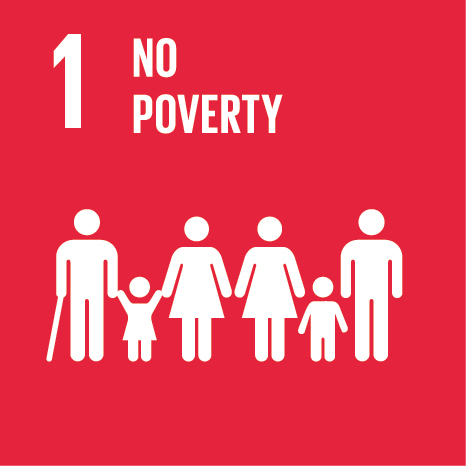Ciência_Iscte
Publications
Publication Detailed Description
Processes of normative regulation in spaces of “solidarity economy”: A comparative case study analysis
Journal Title
International Journal of Sociology and Social Policy
Year (definitive publication)
2022
Language
English
Country
United Kingdom
More Information
Web of Science®
Scopus
Google Scholar
This publication is not indexed in Overton
Abstract
Purpose
This research article addresses the role of processes of normative regulation, driven by distinct approaches to collective action and underlying narratives of social change, in the construction of “solidarity economy” initiatives as parallel spatialities to that of the mainstream economy.
Design/methodology/approach
This article is based on a comparative case study analysis, informed by aspects of the Grounded Theory and Extended Case Study methods, of an ecovillage, an alternative commercialization network and an “integral cooperative”. The analysis is illustrated with fieldwork data on food production, commercialization and consumption, given its centrality in the construction of human livelihoods and lifeworld.
Findings
The resulting conceptual framework identifies three methodologies of normative regulation: Prefigurative social technologies and capitalizing upon power and reputation to exert influence over other economic actors; being part of a wider class-based emancipatory political project; mobilizing online peer-to-peer platforms and community currencies to construct an alternative institutionality.
Research limitations/implications
This article constitutes an exploratory analysis. Further research, based on the application of mixed methodologies to larger samples, will further expand the setup and applicability of these concepts.
Practical implications
This analysis will allow scholars and practitioners alike to gain a deeper understanding of how different approaches to collective action, based on distinct structural standpoints and narratives of change, constitute alternative economic spatialities to those of the mainstream economy.
Social implications
The comparative approach used in this article, as well as the resulting concepts, have the potential of contributing to the convergence of “solidarity economy” strategies between initiatives and movements with different approaches to collective action, therefore contributing to improve their capacity to exercise influence upon incumbent institutional regimes, as well as promote socio-economic change.
Originality/value
This article aims to bridge a significant gap in the understanding of how “solidarity economy”-based parallel spatialities emerge and coexist with the mainstream economy: It analyses how processes of normative regulation result from narratives of change with distinct approaches to collective action, based on the standpoint of actors located differently within structural power relations.
Acknowledgements
I would like to express my gratitude for the comments made on previous drafts of this article by Andreia Lemaitre, Florence Degrave and two anonymous reviewers.
Keywords
Solidarity economy,Nature,Economic sociology,Labour,Class analysis,Normative regulation
Fields of Science and Technology Classification
- Economics and Business - Social Sciences
- Sociology - Social Sciences
Funding Records
| Funding Reference | Funding Entity |
|---|---|
| SFRH/BPD/94495/2013 | Fundação para a Ciência e a Tecnologia |
| UID/CPO/03122/2013 | Fundação para a Ciência e a Tecnologia |
Contributions to the Sustainable Development Goals of the United Nations
With the objective to increase the research activity directed towards the achievement of the United Nations 2030 Sustainable Development Goals, the possibility of associating scientific publications with the Sustainable Development Goals is now available in Ciência_Iscte. These are the Sustainable Development Goals identified by the author(s) for this publication. For more detailed information on the Sustainable Development Goals, click here.

 Português
Português




